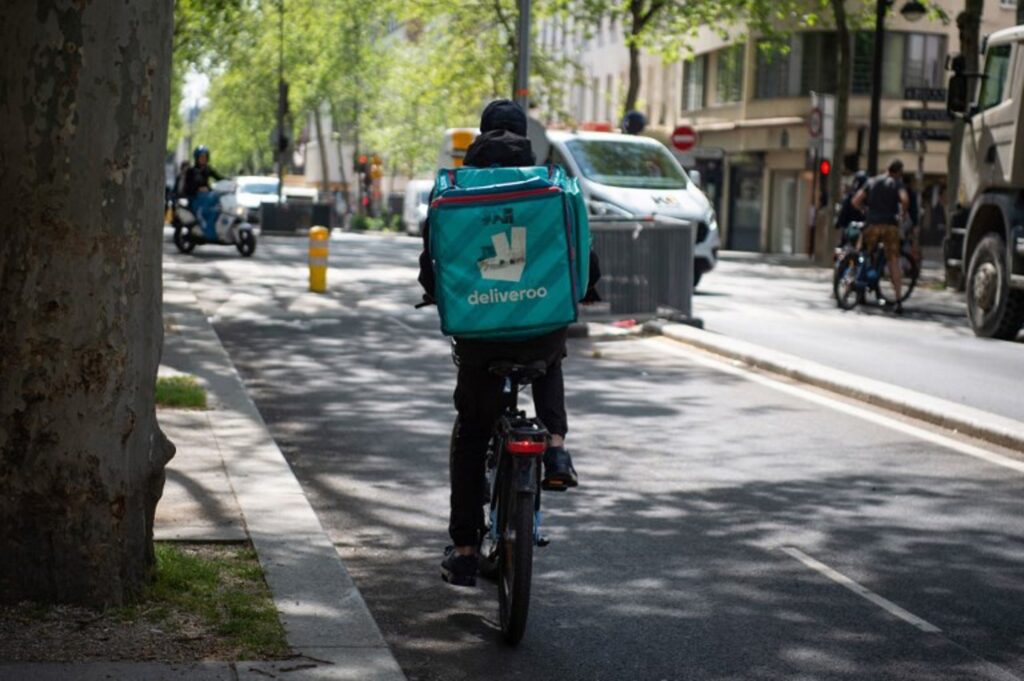Several EU countries have rejected proposed legislation that would confer employee status on independent contractors working for digital platforms such as Uber and Deliveroo.
The Spanish European Council presidency, which chairs the debates of the 27 EU Member States until year-end, has reported that the bill failed to gain the required majority, according to European diplomats.
To pass, it needed the support of 15 Member States, representing 65% of the EU population. France, along with other countries with right-wing governments, including Italy, Finland, Greece, Hungary and Sweden, came out against the legislation.
Millions of platform workers wrongly classified, says Commission
Although a political agreement was announced on 13 December, the proposed law will now have to be renegotiated. It will thus become the responsibility of the Belgian presidency of the Council, from January, to seeking a fresh compromise with MEPs.
Regulations governing digital platforms differ substantially among the 27 Member States. The proposed legislation is intended to apply identical rules across the EU on whether meal deliverers or ride-hailing drivers for major digital platforms should be designated as employees.
The European Commission estimates that “at least 5.5 million” of the roughly 30 million platform workers are wrongly classified as self-employed.
Criteria for designation as employer
The draft legislation issued last week laid out a series of criteria for designation as an employee, depending on the nature of the platform concerned and its rules, and including whether or not it sets pay levels, remotely supervises performance, denies employees the ability to select working hours or reject tasks, enforces uniform wearing, or forbids work for other companies.
Meeting two or more of these criteria would qualify the platform as an employer and subject to national labour law obligations such as minimum wage, work hours, sickness pay, safety standards.
Applications for employee status could be activated by workers, their representatives or the authorities. If contested by the platform, the latter would have to prove, in its rebuttal, that the independent status is justified.
Setback coincides with victory for Deliveroo workers
Belgian trade union representative Martin Willems regretted that “some states have proved sensitive to the lobbying of certain platforms.”
On the other hand, some businesses contended that workers mostly favour independent status and that the legislation could have negative effects on employment.
The setback suffered by the bill occurred on the same day that Belgum's labour court ruled on a case regarding the status of Deliveroo rider couriers.
The court sided with the deliverers, ruling they ought to be considered Deliveroo employees, not independent contractors.

